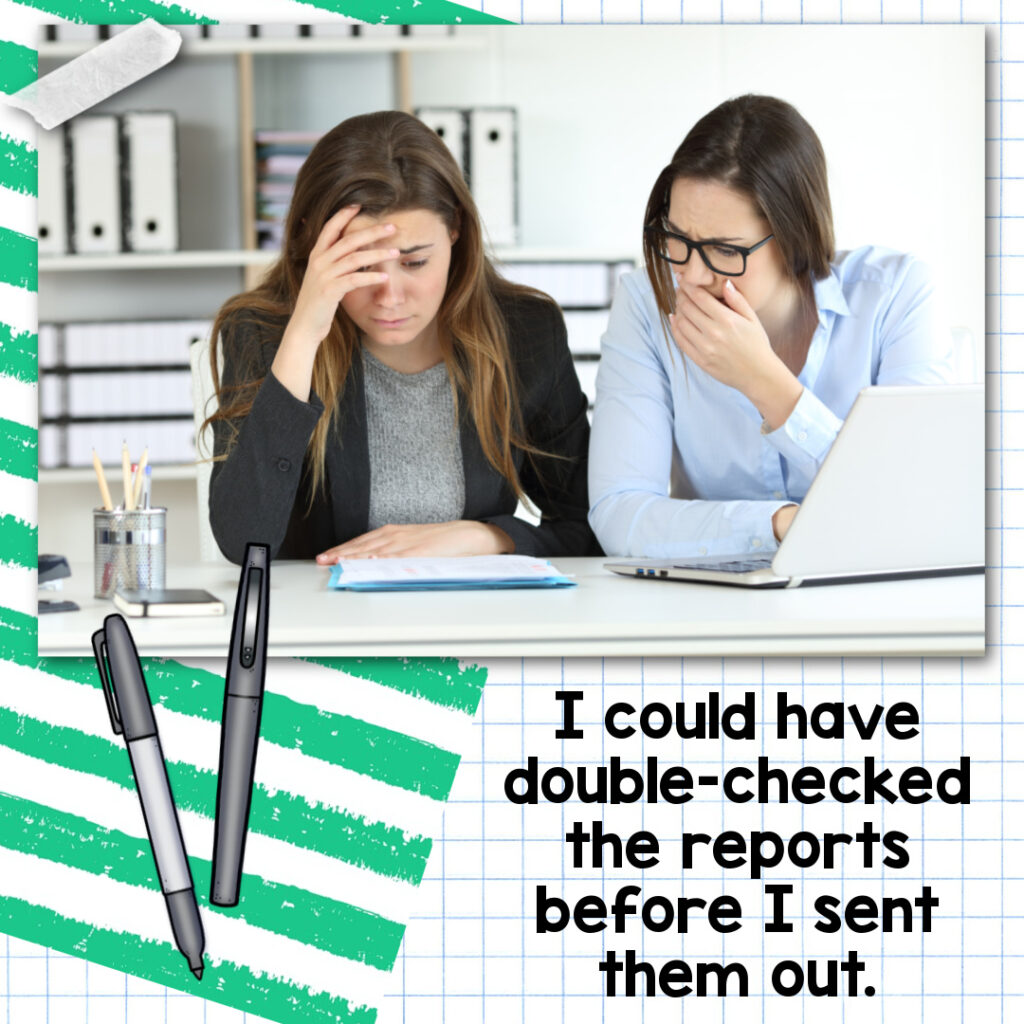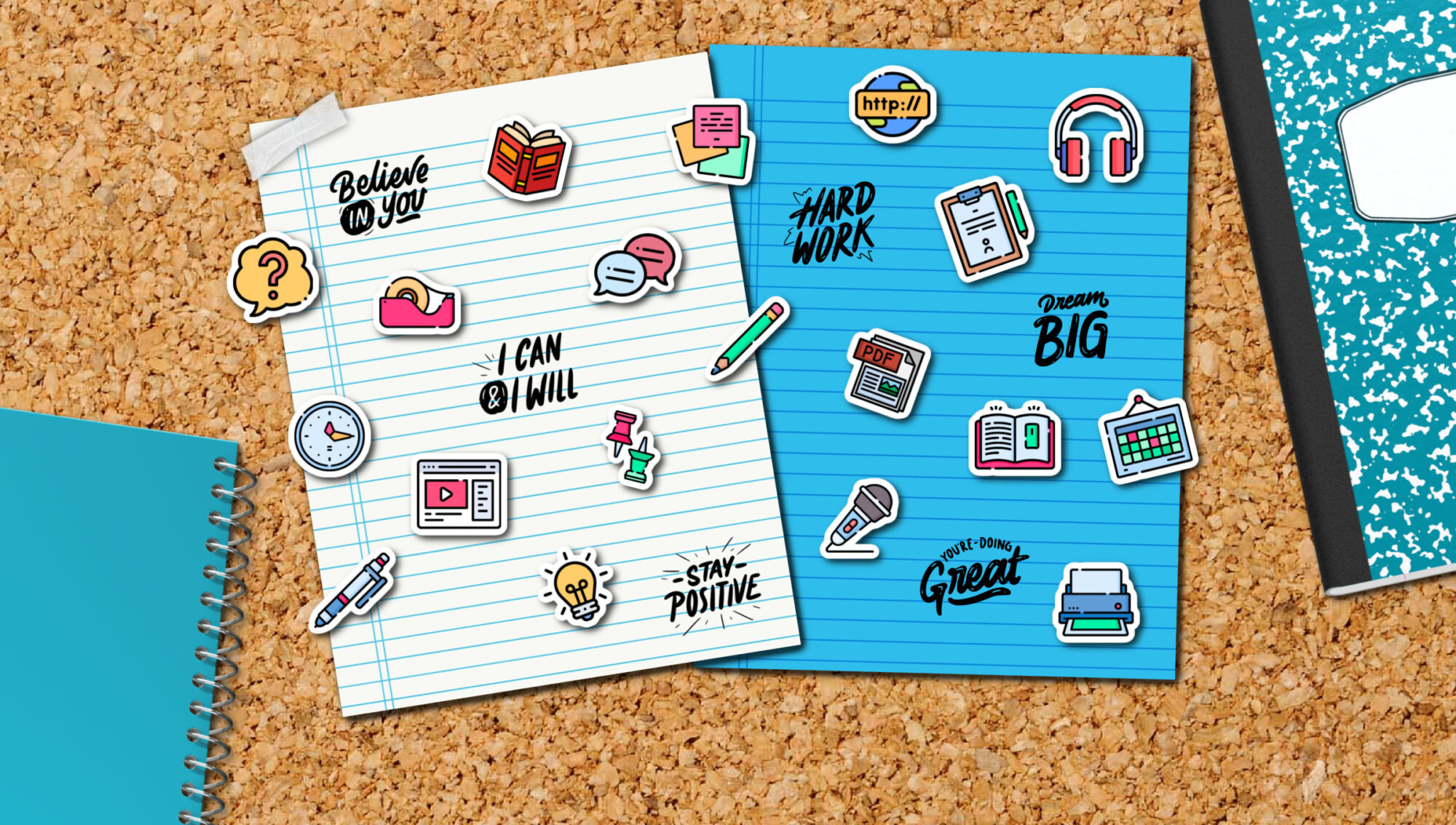How to Use the Perfect Modal Could Have
In English, there are different ways to talk about things that didn’t happen. In this lesson, we’ll focus on one particular way to talk about something that didn’t happen: the perfect modal could have.
What is the Perfect Modal Could Have?
The perfect modal could have is used to talk about a past possibility that didn’t occur. For example, pretend you wanted to go to the movies yesterday, but you didn’t have enough money. You could say:
I could have gone to the movies yesterday, but I didn’t have enough money.
In this sentence, “could have gone” is the perfect modal, and “didn’t have enough money” is the reason why you couldn’t go.
Here are some more examples of things you could say using the perfect modal could have:
- I could have gotten a better grade on my test, but I missed a lot of questions.
- She could have bought a new car, but she decided to keep her old one.
- They could have gone on vacation, but they decided to save their money instead.
Conversations Using the Perfect Modal Could Have
See how the perfect modal could have can be used in real-life conversations:
Conversation 1:
Amy: I’m so angry! I wanted to go to the concert yesterday, but I didn’t have enough money.
Jason: That’s too bad. Why didn’t you tell me? I could have invited you.
Amy: I know! I’m so mad at myself for not having enough money.
Jason: It’s not your fault. Things happen.
Amy: I know, but it still sucks.
In this conversation, the perfect modal is used to talk about something that didn’t happen in the past. It’s a way to express regret or frustration about something that didn’t work out.

Conversation 2:
Mom: I’m so proud of our son! He got into the college he wanted.
Dad: I know! He worked so hard for it. He could have gotten into any college he wanted.
Mom: We’re so lucky.
Dad: We are. He’s going to do great things.
Here, the perfect modal could have is used to talk about several options in the past.

Conversation 3:
Manager: I’m so sorry about the mix-up with the reports.
Employee: It’s not your fault. I could have double-checked them before I sent them out.
Manager: That’s true, but I should have caught the mistake before it was sent out.
Employee: It’s not your fault. It was my responsibility.
Manager: We’re a team. We’ll figure it out together.
The perfect modal could have is a great way to take responsibility for something that went wrong. It’s also a great way to show support for someone who is taking responsibility for their actions.

Next time you’re in a conversation, and someone brings up something that didn’t happen, try using the perfect modal could have!
Step 26: Perfect Modal Could Have – Introduction
Click HERE to watch the video.

Study Guide
PDF File:
Google Slides:
Click HERE to make a copy of the Google Slides file with the study guide.

Step 27: Perfect Modal Could Have – Exercise
Click HERE to watch the video.

Study Guide
PDF File:
Google Slides:
Click HERE to make a copy of the Google Slides file with the study guide.

Course for Advanced Students:
Placement Tests:
Find out your English level HERE.

